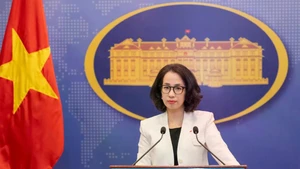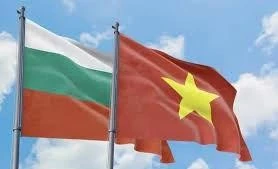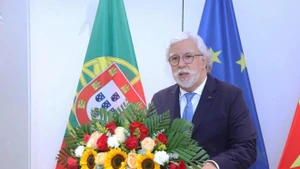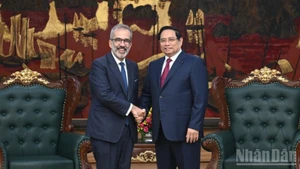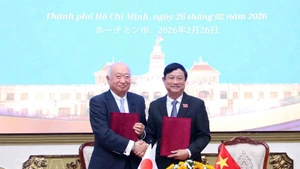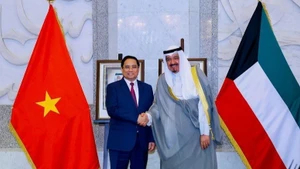Sharing the same view, Dr. Kambiz Ghawami, President of the World University Service (WUS) Germany, affirmed that over the past 80 years, Viet Nam has developed from a nation standing on the sidelines of international politics to a country that is respected and committed to pursuing multilateralism.
Viet Nam was right to demonstrate that many of today's challenges stem from a lack of respect for international law, he told the Viet Nam News Agency (VNA)’s correspondents in Berlin on the occasion of the country’s 80th National Day (September 2, 1945 - 2025).
Dr. Ghawami also recalled that the international community had twice elected Viet Nam as a non-permanent member of the United Nations Security Council, which reflected its recognition of the Southeast Asian nation's important role in global peace and security.
According to the economist, because Viet Nam fully understands war crimes from its own history, the country's reminders to the international community about respecting international law are always reliable.
Regarding Viet Nam’s socio-economic achievements after 40 years of “Doi Moi” (Renewal), he said that what impressed him most are the significant advancements Viet Nam has made in education over the past four decades, partly thanks to reforms initiated between 2006 and 2010. He believed that investing in education is a very promising path, and the recent decision by the Vietnamese Government and discussions in the National Assembly about reducing tuition fees and expanding preschool education for children aged 3 to 5 are important steps forward for the country’s future development.
Meanwhile, Schulze expressed his admiration for the work spirit and ethics of the Vietnamese people, noting that they always solve problems flexibly, in a practical manner, with a forward-looking attitude and optimism.
He assessed that Viet Nam currently has a well-trained workforce, increasingly developed infrastructure, and an industry on the rise. Another very important factor is Viet Nam’s political stability, he said, believing that all these are achievements that Viet Nam can be proud of.
The President of the Germany - Viet Nam Association also mentioned that Viet Nam was the first country to achieve 5 out of the 8 United Nations Millennium Development Goals (MDGs) by 2015, particularly in poverty reduction, universal education, healthcare, and women’s empowerment, and is a pioneering, active country in implementing the Sustainable Development Goals (SDGs) for 2030.
To successfully fulfil the 17 SDGs in the coming period, Dr. Ghawami proposed Viet Nam invest more in human resources, science and technology, healthcare, and infrastructure. Additionally, he suggested that Viet Nam should design school curricula so that the SDGs are closely integrated with educational values for sustainable development, similar to how Germany has successfully implemented the "Education for Sustainable Development” framework over the past years.
According to Dr. Ghawami, for Viet Nam to successfully enter the new era, a number of strategic approaches are needed in four key areas, including strengthening political and economic autonomy and diversifying partnerships, having confidence in digital transformation, enhancing the responsibility at all levels, and consolidating national pride in a globalised world.



